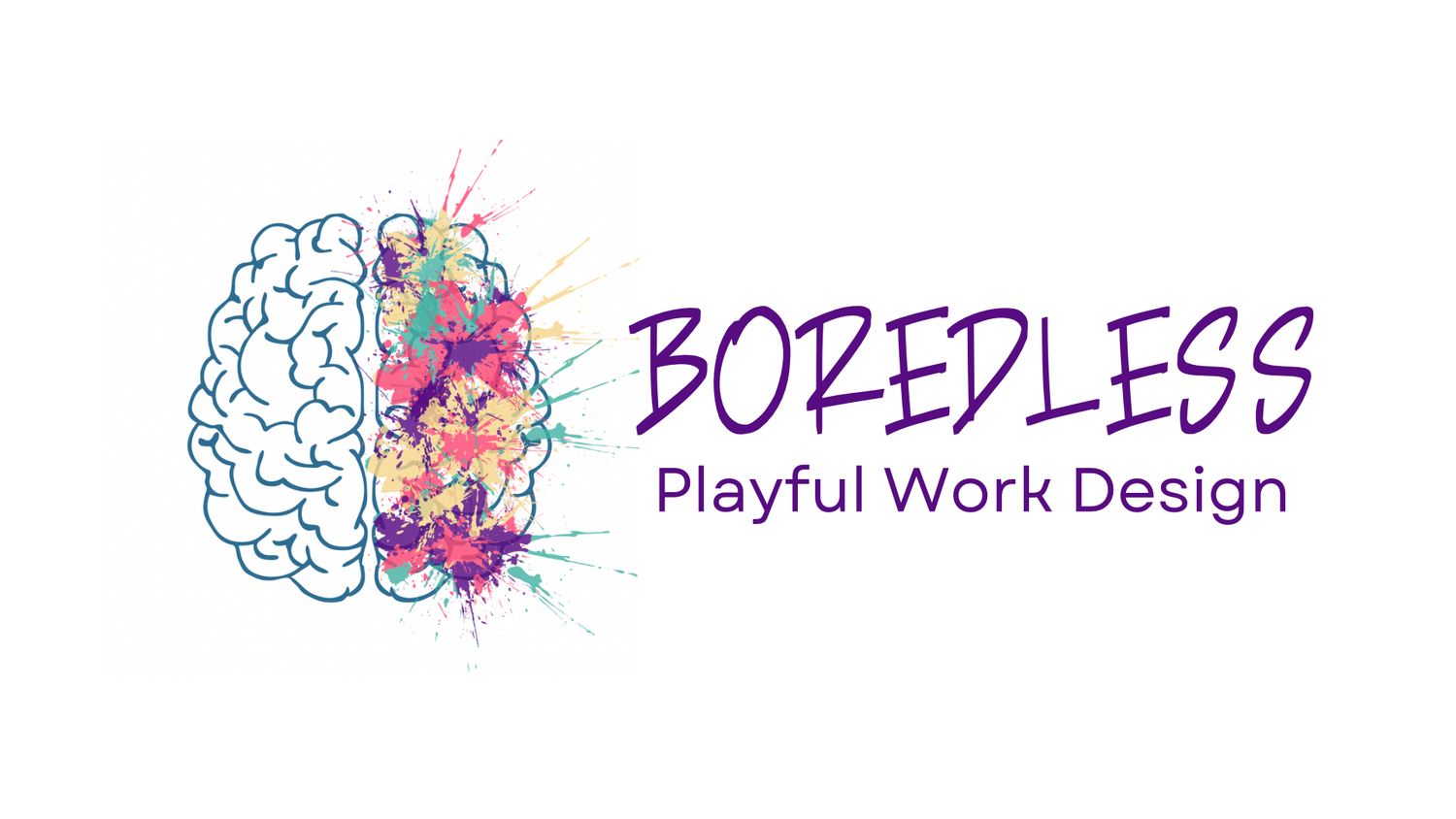When Adult Chimpanzees Play More: A Lesson for Humans
“Perhaps adult play is constrained because grown chimpanzees just don’t usually have the extra time and energy to devote to it.”
PERHAPS?!?!?!?!? PERHAPS!!!!!
I came across an article written by some biologists who study chimpanzees. A team that’s been studying chimpanzees for many years observed something new - adults chimpanzees PLAYING, with their kids but also with each other, far more often than what’s regularly observed.
They discovered an abundance of a particular fruit during the Play spike. They theorized that the adults had more time and energy to spare because the fruit was easier to find.
In my workshops, I often share that we, as modern adults, don’t understand the true reasons why we don’t play as much as children. Most think it’s because we don’t “need” to play. After all, play is the work of children and how they learn. But once we are adults, surely we must know everything and not need to learn anymore (hopefully you are rolling your eyes along with me here)
The true reason for the decline in play for modern adults started with the shift from hunter-gatherer civilizations to farming communities to our current digital/knowledge era. Hunter-gatherers spent up to 50% of their daylit hours in leisure activities (source). As you are likely painfully aware, we do not spend 50% of our daylit hours in leisure activities today. What percentage of time is relatable to your life?
Whatever that percentage is - it is probably a result of the sheer volume of TASKS you have to do and your responsibilities on any given day.
We don’t play because WE DON’T HAVE TIME.
And this chimpanzee research supports this theory!
Society has systematically deprioritized the need for adult play for many decades. We’ve been told for so long that adults are supposed to be serious, and take themselves seriously, and take other people seriously, and do serious things. It’s bullshit and actually detrimental to our physical, mental, and emotional health (play deprivation has been scientifically validated and presents very similarly to burnout!)
Following the logic of this chimpanzee theory, we need to lessen the “load” to encourage more adult play. The societal load, the professional load, the social load. Expectations for adulthood MUST change.
This is why I have created my work to target corporate teams instead of doing 1:1 coaching helping people find playfulness in their own lives. We have to make changes from inside the system. We can create playful attitudes and practices for ourselves but if the system continues to squash them, it won’t be as effective. The transformation has to exist at the organizational level.
Leadership in any organization (professional, social, or otherwise) should be prioritizing, valuing, and commending play. Playful adults and playful communities are more creative, more productive, more collaborative, and generally experience improved overall well-being. Revenue seekers - this WILL enhance your bottom line and a slew of other metrics.
How to Reduce Load and Increase Play
Understand Your Personal Play Identity: Discover what types of play resonate with you and integrate them into your daily routine. You can check out this assessment!
Create Playful Breaks: Incorporate short, playful activities into your daily routine, like quick games or creative exercises or movement.
Set Boundaries: Protect time by setting clear work-life boundaries.
Make Tasks Playful: Transform mundane tasks into fun activities. Turn a chore into a game, use playful tools, or add friendly competition.
Leadership's Role:
Promote Play Culture: Encourage a work environment that values and integrates play. Recognize and reward playful innovation.
Flexible Scheduling: Allow for flexible work hours to let employees manage their time effectively.
Mission: Ensure the organization has a clear mission aligned with the values of team members.
Facilitate Inclusion: A diverse workforce is worthless if any one of those individuals feels excluded. Create an environment where everyone feels valued and included.
Cultivate Psychological Safety: Foster a workplace where employees feel safe to express themselves, take risks, and share ideas without fear of negative consequences.
This is Playful Work Design - the future of work.
Play is not just fun and games. Play is vital to being human, even as adults.
Let’s Play
